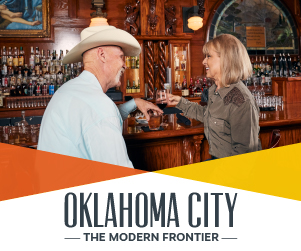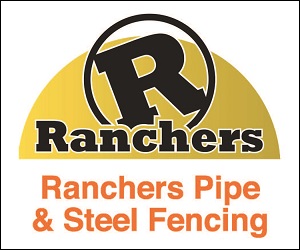Planning for the Unexpected
BY Grace Owen, DVM
Equine Medical Associates
Edmond, OK
Being a horse owner is a huge responsibility. Accommodating the daily needs of your horse is easy to plan for. You know he will need a certain diet, hoof care and routine veterinary care.
But what about the unexpected? What I have found in my years of practice is, often, owners are not fully prepared for the logistics of an emergency situation. Much like having a family emergency plan for a natural disaster, you should have a plan in place for what to do in the event of an equine emergency.
The most common emergency we face in our practice is colic. There are a few key things to remember when dealing with colic. First, the word colic simply means abdominal discomfort, and the symptoms of colic (pawing, rolling, inappetence) are very similar for different types of abdominal pain. It’s of utmost importance to have your veterinarian examine your horse to determine what type of colic you are dealing with. Simple gas colics often resolve with field treatment. Other more serious types of colics may require hospitalization and further treatments like IV fluid therapy. Finally, although only a small portion of colics will require it, some horses may not be able to be saved without abdominal surgery.
I strongly encourage clients to think about their individual “colic plan.” If your horse were to colic, understand what level of care you could or would be able to provide. Make the decision whether or not your horse would be a colic surgery candidate before the emotions of the actual event occur. It will make a huge difference in allowing your veterinarian to make the best medical and surgical decisions.
There are many factors that come into play in this decision. Although age is not a disease, it can sometimes play a role in deciding if the patient is healthy enough to undergo surgery. Finances may also influence these decisions. Planning how to be able to provide adequate housing and rehabilitation for a post-op colic patient is another concern. The bottom line is: make a colic plan so that you are prepared to make decisions quickly if needed.
Planning for transportation of your horse is also important. If your horse does require further treatment at a hospital, you need to have a plan on how you will get him there. If you don’t own a trailer or truck, make sure you know who you would call to help transport your horse. Have a back-up plan in case that person is out of town or unavailable. Sometimes, your horse obtaining life-saving treatments may depend solely on the ability to get him to the hospital.
Natural disasters—such as fire, tornadoes, flooding, etc.—can also impact equine well-being and safety. Planning for these events ahead of time can help avoid the panic of the moment. Make a plan that includes safe housing and/or evacuation procedures for your horse. Share this plan with friends, family, and/or neighbors so that everyone is on the same page.
An often-overlooked tip is to make a solid plan with your veterinarian if you are going out of town. With advances in technology, it is rare that we cannot be reached. Just in case, it is better to have visited with your veterinarian about what to do if an emergency occurs while you are out of town. What limits should your veterinarian have in treatment? Who is responsible for making decisions if you can’t be reached? Often, your veterinarian will have a form you can fill out to make sure these things are taken care of in advance.
Lastly, I encourage horse owners to have a financial plan for emergencies. It is not a fun thing to think about, but if you own a horse long enough, some form of emergency will arise. Having a savings account or medical insurance for your horse may help eliminate cost as the deciding factor for what to do in the face of an emergency. In addition to colic, injuries arise that may require treatment and even hospitalization. These bills can add up quickly.
Planning for emergencies helps to keep everyone calm in an emotional situation. Limiting the things you have to worry about allows you to focus on the ultimate goal: treating your horse.

